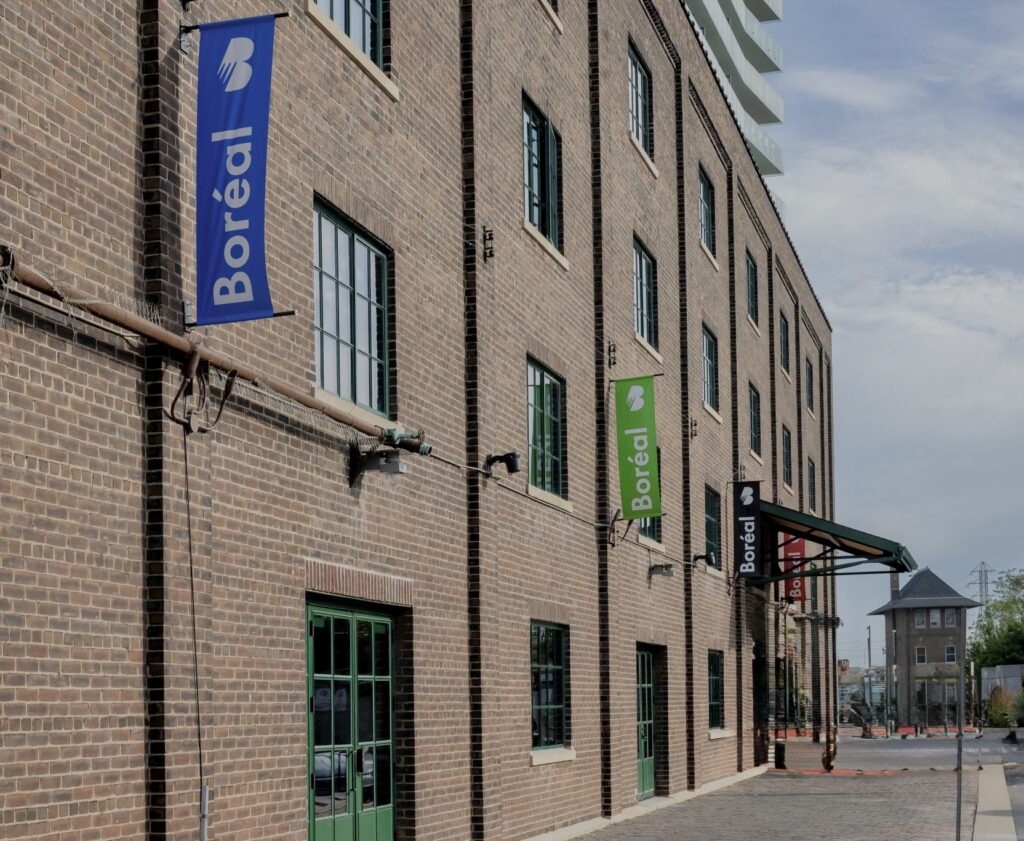
Listen to the whole story here:
The federal government has announced $9.4 million in new funding through the Business + Higher Education Roundtable (BHER) to create 8,000 work-integrated learning (WIL) placements across Canada. The announcement states that “a key focus is increasing WIL access for francophone and equity-deserving student groups.”
Riyadh Nazerally, Media Relations for Innovation, Science and Economic Development Canada (ISED), said that regular program audits identified challenges related to access to Francophone partnerships and work-integrated learning opportunities. These issues have limited French-speaking students’ ability to secure relevant placements outside Quebec. He added that work-integrated learning experiences “Help break down barriers faced by equity-deserving students in the labour market by providing them with valuable work experience.”
The department said the renewed funding aims to address these gaps by expanding regional access and ensuring opportunities reach those “who stand to benefit the most.”
“The language of work in Toronto being primarily English, there can be challenges finding placements where enough of the work happens in French to meet program requirements,” said Marc Despatie, Director of Communications, Government Relations, and the Boréal Foundation at Collège Boréal. “Very few agencies or companies work exclusively in French.”
Collège Boréal, which offers programs entirely in French, must ensure that its students can complete placements that allow them to work and communicate in French. Despatie said the college has to be strategic in finding these opportunities.
“As teaching happens in French at Boréal, we do need to ensure that there are sufficient opportunities to work in French, and to have French-speaking preceptors,” he said. “All of these factors mean that it takes a lot of effort to find suitable placements, but we manage fairly well.”
Despatie added that the issue is less about willingness and more about infrastructure. “Unless the funding is specifically to hire Francophone staff who can then serve as models or preceptors, there is no direct link between increased federal funding and placement opportunities,” he said.
He said he believes that partnerships play a key role in making the new funding meaningful. “Partnerships that allow Boréal to know where authentic placement opportunities exist and to explore the mutual benefits of hosting student placements are best,” Despatie said, noting examples of collaborations in other parts of Ontario.
For students like Emmanuel Zanier, a 21-year-old from Paris who recently arrived in Toronto, the language barrier is both a challenge and a motivation.
“My goal is to have an international experience, improve my English, discover a new culture, and meet new people,” he said. Zanier, who recently completed a technical diploma in real estate in France, now works as a freelance videomaker creating promotional videos for local restaurants.
When he first started looking for jobs, Zanier turned to French restaurants, thinking his language could be an asset. “I applied for jobs in many restaurants in Toronto, and I knew that being French could help me, so I started with French restaurants,” he said. “Some people spoke or understood French, but English was always the main language. I think that speaking French is a great asset, but English is the most important. If you don’t speak it fluently, your French won’t really matter.”
Zanier said he believes the new federal funding could help open doors for French-speaking students, but he’s realistic about the potential limits. “I think it could help because finding a job is not easy. It would create more opportunities for French speakers,” he said. “However, maybe this new program will bring more French people to Toronto, so it could also create more competition between them.”
As Ottawa’s funding begins to roll out, its success may depend on how effectively it reaches bilingual and Francophone students outside of Quebec, particularly in cities like Toronto, where language can shape opportunity.
No AI tools were used in the production of this piece.

